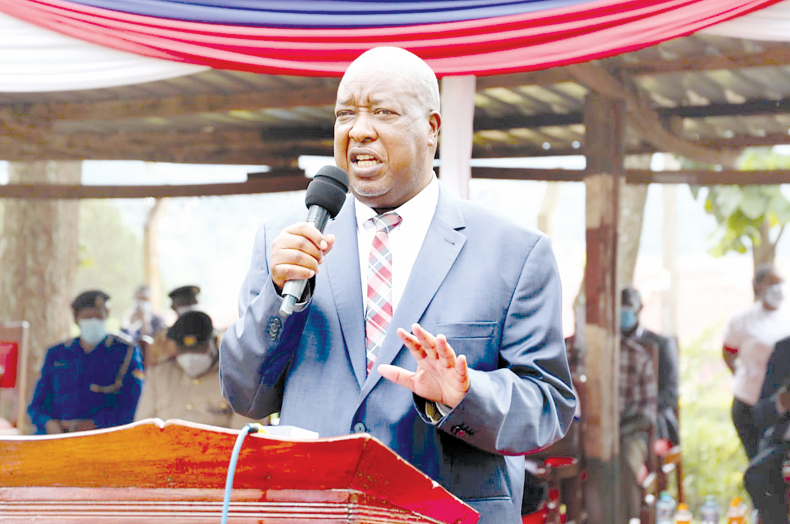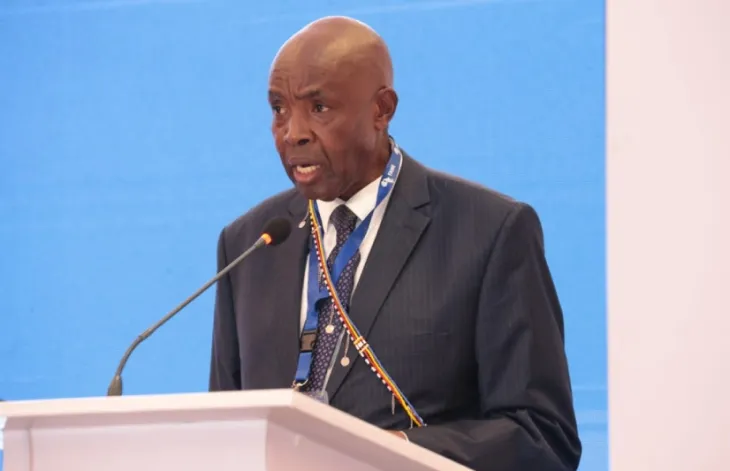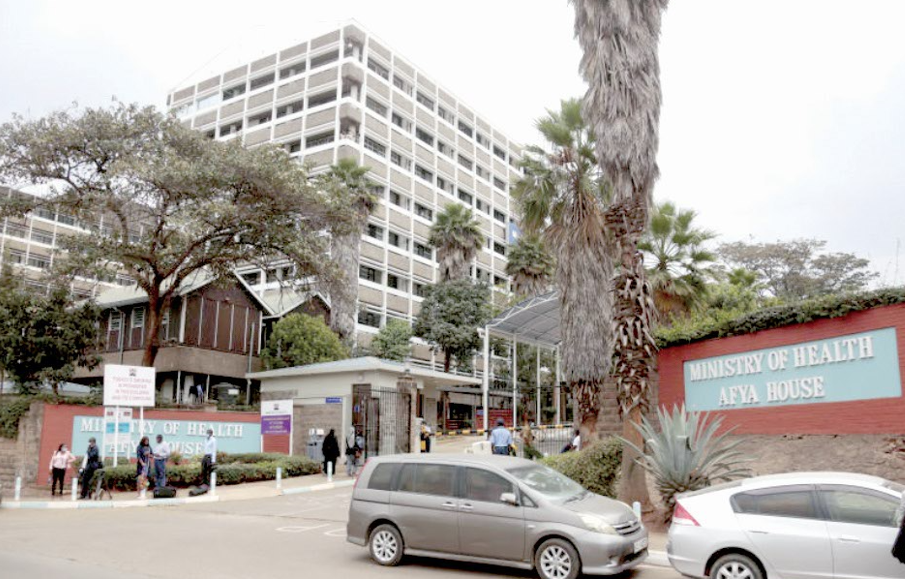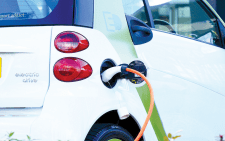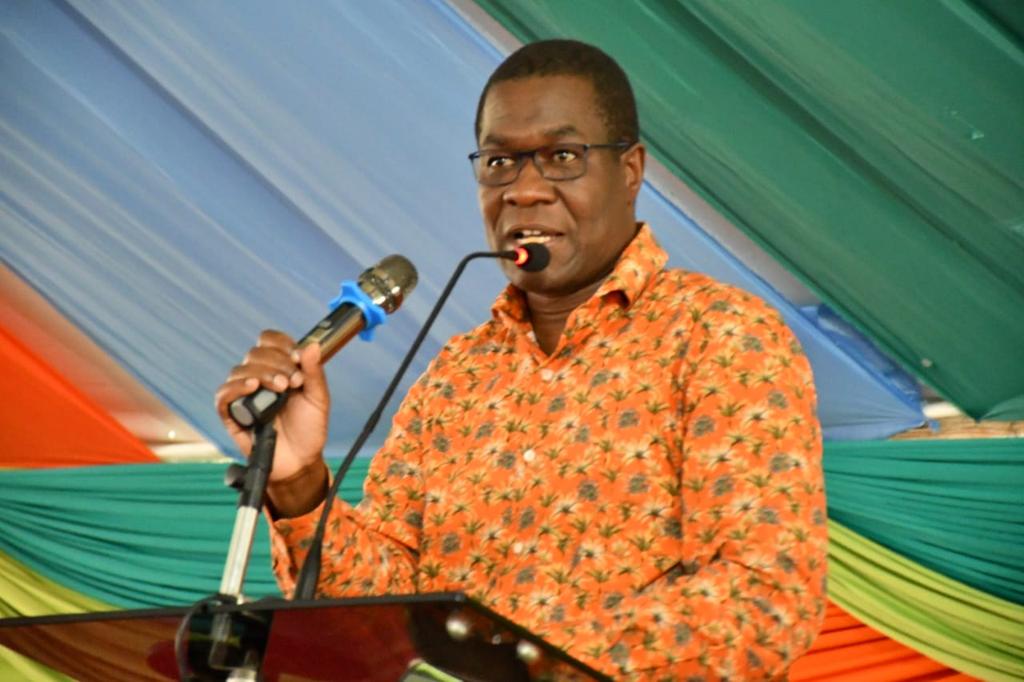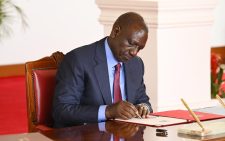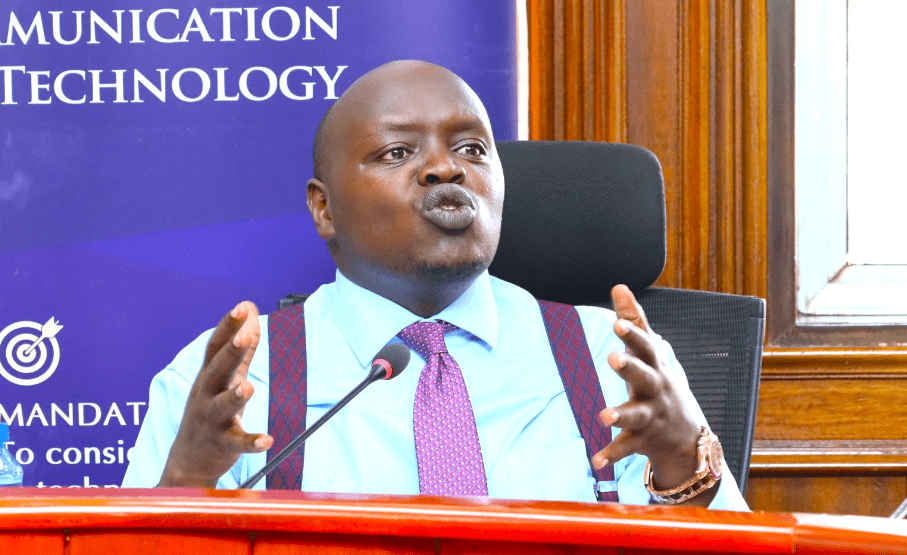Is it too early to expand our ‘social bubbles’?
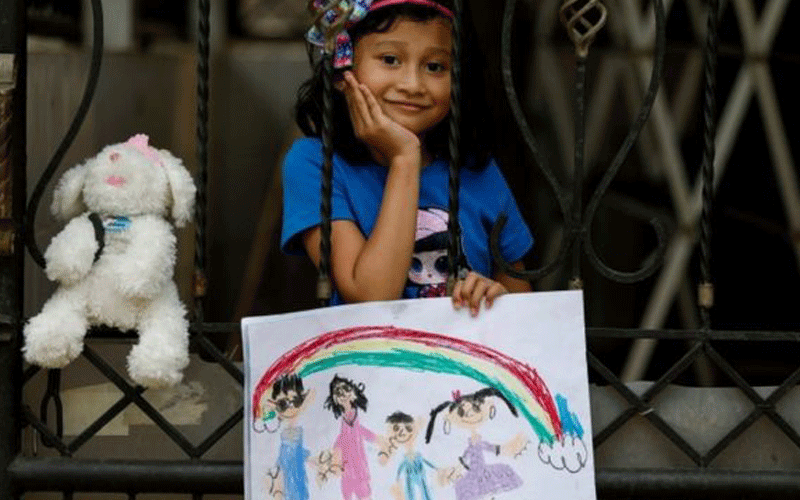
Joshua Cheetham
Drastically limiting people’s contact with others seems to be helping many countries stem the spread of coronavirus.
But as economies slump and mental health frays, governments are realising that getting out of the lockdown is going to be even more of a challenge.
Some policy makers are now exploring how to expand the “social bubble” of people we interact with.
According to a memo leaked to local media, authorities in Belgium were considering allowing residents to gather with 10 other people of their choice every weekend.
To close the network of possible infection, every member of the group would have to include the other nine people in their top 10. And once chosen, each person would be banned from meeting with anyone outside of their preferred 10.
It is unclear how this would be policed. For some, it could also create a new social nightmare – who do you pick? And what if the person you choose for your top 10 doesn’t include you in theirs?
This idea was not included when Belgium announced its latest measures for lockdown easing on Saturday, but other countries are pondering similar moves.
Scotland’s First Minister Nicola Sturgeon told BBC Radio Scotland last week she was considering expanding the definition of “households” to allow small gatherings of people, “encouraging people who live alone to maybe match up with somebody else who is on their own, or a couple of other people to have almost kind of bubbles of people”.
Spur wave
Meanwhile, New Zealand, one of the earliest adopters of lockdown measures, has settled on an expansion policy.
From next week, New Zealanders will be free to slightly extend their bubbles of contact to include close family, caregivers and those living in isolation – so long as they are living in the same town or city.
The country has seen a steady decline in new coronavirus cases in recent weeks.
To date, it has had 18 deaths and 1,470 confirmed cases. Prime Minister Jacinda Ardern has also been praised for her compassionate public messaging during the outbreak, addressing the impact of lockdown on people’s social lives and mental wellbeing.
But while a vaccine is being developed, many nations are hesitant to allow more social contact in case it spurs another wave of infection.
England’s chief medical officer Chris Whitty has said some socially disruptive measures will have to be in place until the end of this year.
But the extent of these steps, and how long they will be enforced, is difficult to predict.
In several countries, governments have refrained from easing lockdown measures. Stefan Flasche, an associate professor at the LSHTM, agrees it’s too early to relax restrictions in the UK.
But when it is safe to do so, he says the extended social bubbles may be an important “coping mechanism”.
“It’s not designed to solve the pandemic, but it will help the social component,” he says.
“We will have the risk of Covid for a long time, so anything to keep society functioning would help.”
The lockdown’s impact on mental wellbeing is already being keenly felt around the world. In the US, a national mental health helpline has seen a dramatic increase in people getting in touch, with an increase in calls close to 900 per cent. -BBC
